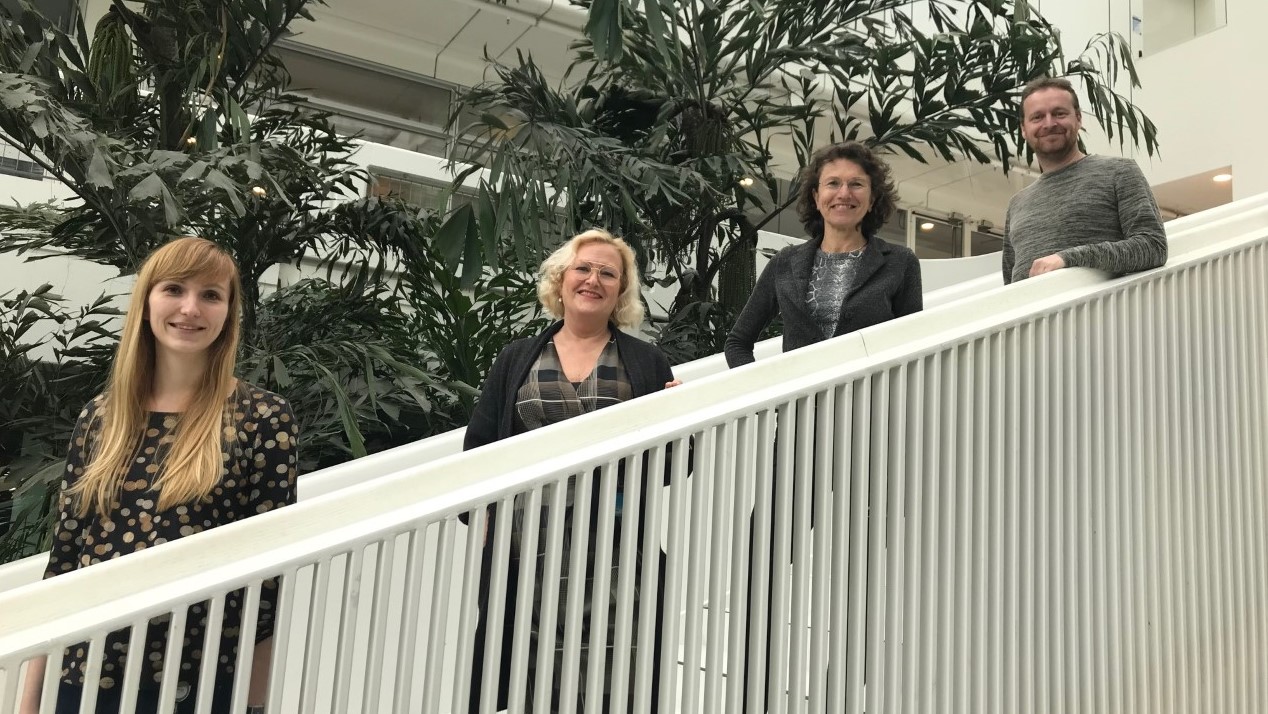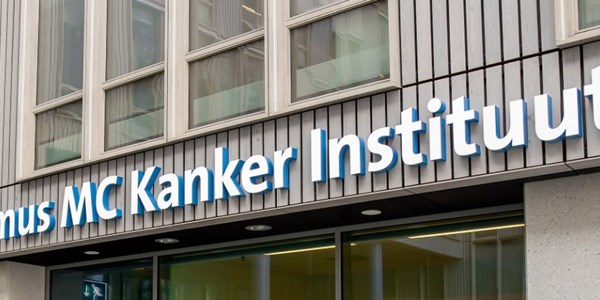Prostate cancer is the second most common cancer in men worldwide and 5th leading cause of cancer related mortality in men. The spreading of tumour cells to distant organs such as liver or bone (metastasis) is one crucial factor for the survival rate. Tumour cells that move away from the prostate and establish new metastases at other organ sites adapt to their new environment and might acquire new features that make them more difficult to treat. In order to find proper therapy options, scientists are using model systems, such as animal models or simple 2D cell assays. However, at the moment new therapies for metastasized tumours are usually tested in models of primary tumours that may not reflect the characteristics of the metastasized tumour. Therefore, new model systems that mimic the spreading process of human prostate cancer cells are urgently needed to identify new targets and test new drugs.
Award
A new project “BIOMEP: Building a multi-tissue microfluidics system of metastatic potential” was awarded to Dr. Wytske M. van Weerden within the Department of Urology to create a human-based device to allow fast and reliable drug-testing. In collaboration between Erasmus MC and InSphero AG (Switzerland) a device will be built that mimics the blood flow to “mini liver” and “mini bone” tissues. Prostate tumour cells that escaped from the prostate will be placed in the device and their movements to bone and liver will be monitored and analysed. Such a device could be used for personalized medicine to predict the metastatic risk for patients and to test potential drugs or drug combinations.
Importantly, not only prostate cancer cells commonly spread to liver and bone but also other cancer types such as breast or bladder cancer. Hence, the device will be tested for other cancer types as well.
Project-team
The project-team consists of PI Dr Wytske van Weerden, Drs. Wilma Teubel, Dr. Franziska Linke (all Dept of Urology) and Dr. Martin E. v Royen (Dept of Pathology) from the Erasmus MC, and Dr. Olivier Frey (InSphero, Switzerland). The group is dedicated to build a new device that will improve drug testing for aggressive prostate cancer patients. The project started in February 2021 and received funding for three years € 913.347,-).

